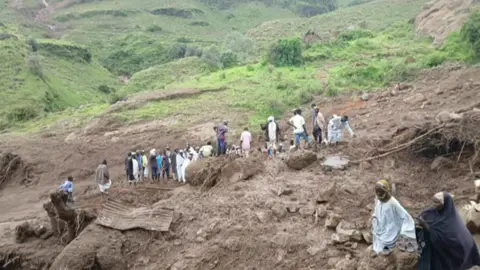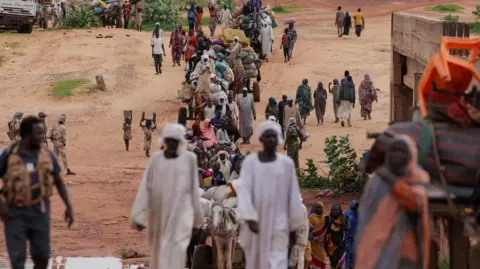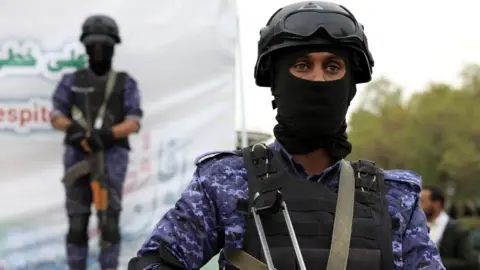Tensions escalated around the Muslim festival of Eid al-Adha when the peace committee freed dozens of men previously associated with the Assad regime, claiming absence of criminal involvement. This decision has inflamed public sentiment, leading many to join calls for protests against the committee. Supporters of the committee argue that it is necessary for rebuilding trust within the community, particularly in the wake of violent retaliations against the minority Alawite population, yet it is met with resistance from those advocating for transitional justice and accountability for alleged war criminals.
In the context of Syria’s ethnic and political complexities, where Alawites had been integral to the Assad regime's military efforts, the outcome of the committee's initiatives remains uncertain. The potential for further conflict looms large, as the nation grapples with memories of bloodshed and seeks a balance between peace and justice in a deeply divided society.
In the context of Syria’s ethnic and political complexities, where Alawites had been integral to the Assad regime's military efforts, the outcome of the committee's initiatives remains uncertain. The potential for further conflict looms large, as the nation grapples with memories of bloodshed and seeks a balance between peace and justice in a deeply divided society.

















